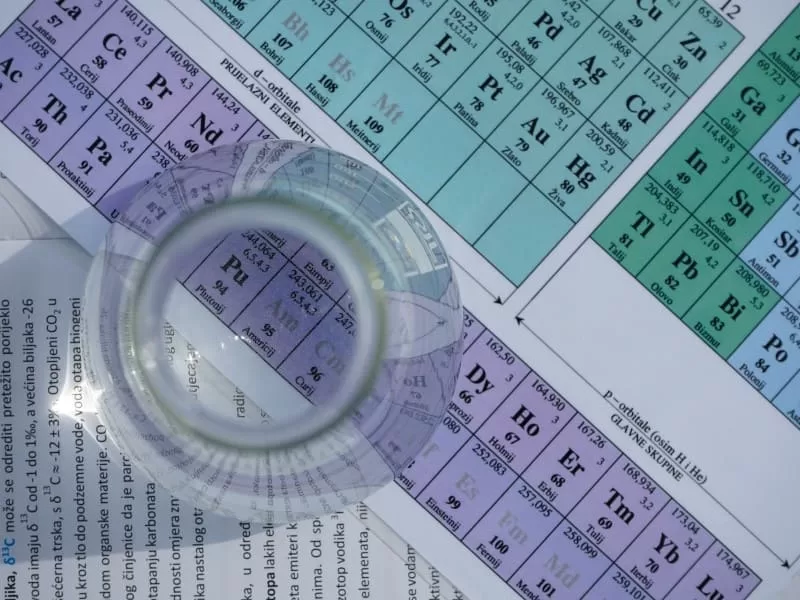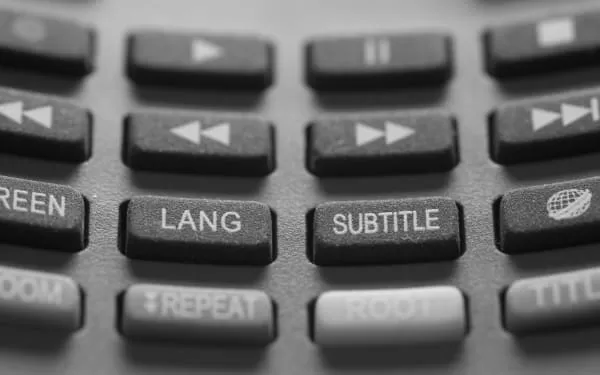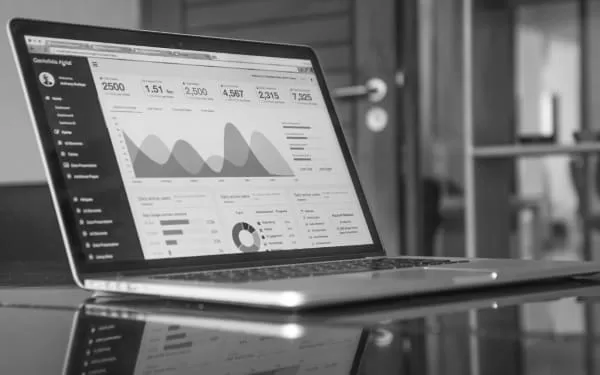Industrial translation
Need a native speaker to translate your technical project?
Looking for a translator who specialises in industry?
Specialized translation agency
The industrial sector generates the vast majority of products that are aimed both at end consumers and B2B customers. The manufacturing industry plays an enormous role in practically all the economies of the world. Professional translation therefore plays a very important part in this industry, as it responds to the opening up of manufacturing companies to the international environment.
The challenges of industrial translation
Whereas artisanal (manual) production is characterised by its high quality and high level of detail, industrial production is essential for economic growth. Companies need sufficient infrastructure to cover large-scale demand. Otherwise, they would be unable to grow, let alone expand into foreign markets.
One of the main challenges with industrial translation is its multidisciplinary nature. The translator needs to handle specific terminology, depending on the nature of the raw materials or finished products specific to the industry.
Furthermore, regardless of what is manufactured, production processes have their own names, terms and document types associated with them. Although industrial environments are complex by definition, the need for documentation arises not only from this complexity, but also from the strict regulatory compliance to which they are often subject.
The recipients of these translations are usually the manufacturers themselves, who need to translate into different languages aspects such as operating processes, technical and instruction manuals, as well as reports on health, environment and safety in the work environment.
Some examples of sectors where industrial translation makes sense are the following:
- aerospace
- defense
- agri-food
- automotive
- agriculture
- energy
- computer science and new technologies
- telecommunications
- architecture
- civil engineering and construction
- mining
The role of the professional translator in industrial translation
For an international agency or translator to successfully tackle a translation project related to the manufacturing sector, they must have a thorough understanding of the industry in which the company requiring their translation services operates.
The ideal professional translator to work on industrial documents needs to be proficient in technical translation and have an in-depth understanding of the details of the different production processes used in industrial environments. The translator should also be familiar with the particular features of each sector relating to the industrial activity.
Finally, the translator or agency will need to be familiar with the legal details inherent to each industrial activity, as they will also need to translate the official documents that authorities require from manufacturers. In short, a translator who collaborates with an agency like Sanscrit.
Related articles - Industrial Translation
Request your translation quote
Would you like more information about any of sanscrit's services?
Types of industrial translations:
Other technical translation specialities
- 01Jan

- 01Jan

- 01Jan

- 01Jan
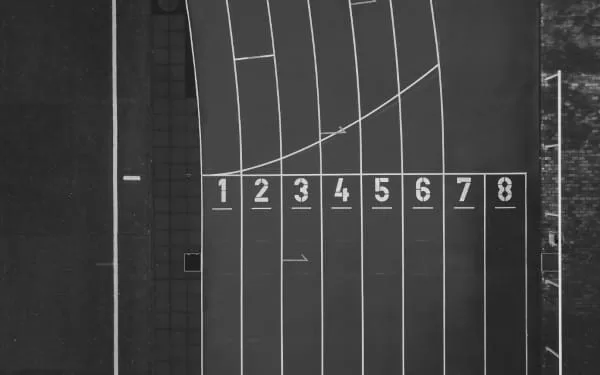
- 01Jan

- 01Jan
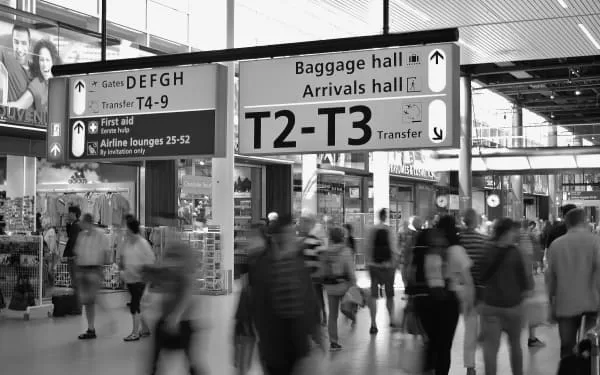
- 01Jan



